Paths to freedom for Kathleen Folbigg revealed
As experts continue to fight to clear Kathleen Folbigg, who they argue is wrongly accused, here is what the future could hold.
True Crime
Don't miss out on the headlines from True Crime. Followed categories will be added to My News.
Kathleen Folbigg will spend Mother’s Day honouring the memory of her children by trying to help other women in her prison who are struggling with not seeing their kids.
Today, as women all over Australia bask in their children’s love, the woman convicted of killing all four of her own cannot help but revisit the terrible pain of their passing.
Folbigg is currently serving a 30-year prison sentence following her convictions in 2003 for murdering three of her children, Patrick, Sarah and Laura, and for the manslaughter of her firstborn Caleb.
All appeals against those convictions, so far, have failed.
“Since my incarceration in 2003 I’ve really struggled to find meaning in my life,” Folbigg said from prison.
“I’ll always feel responsible for my children’s wellbeing. I will always be their mother. So when our children died, we didn’t just lose children that we loved. We lost all the years of promise we had looked forward to.
“The best I can do whilst I remain incarcerated is help other mums experiencing grief and loss in their own way (because we all experience it differently) and honour my children’s memory in that way as that’s the best I can do right now.”
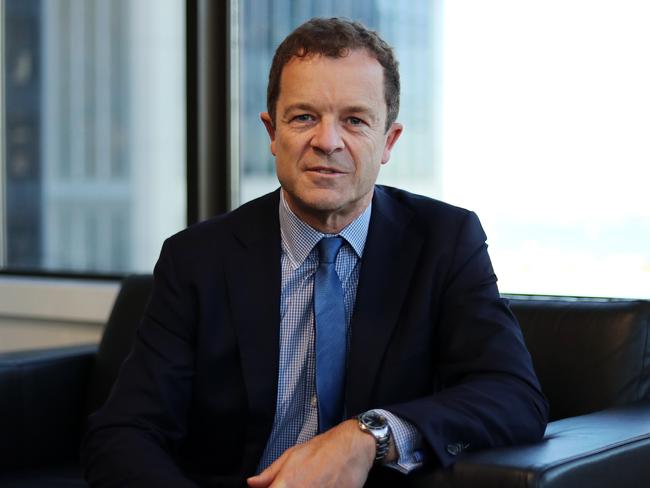
It is now more than 14 months since a petition lodged on her behalf by her legal team, and endorsed by some of Australia’s most eminent scientists, including three Nobel laureates, was handed to the Governor of New South Wales, Margaret Beazley, and the NSW Attorney General, Mark Speakman, for their consideration.
It calls for Folbigg to be pardoned and released and follows the discovery that she and her two girls, Sarah and Laura, carried a genetic mutation known as CALM 2 G114R which is pathogenic.
Internationally accepted guidelines describe a pathogenic variant as one that is disease-causing.
Professor Carola Vinuesa, from the ANU and London’s Francis Crick Institute, led the team of geneticists who made this discovery. She says that, based on the current framework of variant classification, there is a “greater than 99 per cent certainty” that the mutation was responsible for Sarah’s and Laura’s deaths.
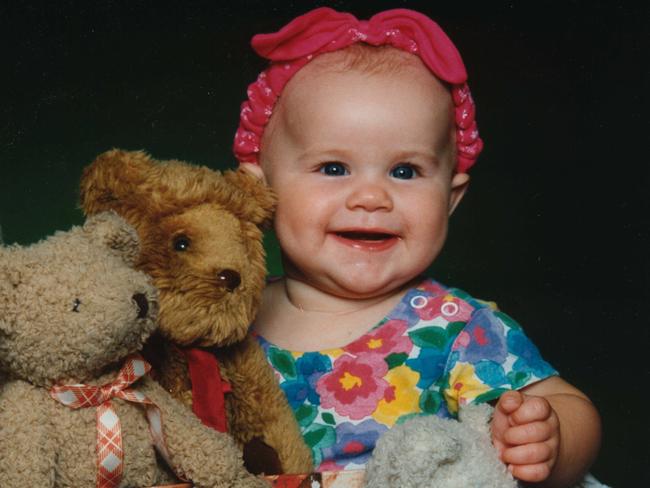
But Mr Speakman, the man who will decide the outcome of the petition, has remained tight-lipped about his intentions, and even, about when exactly he intends to make an announcement.
His only comment this week, when approached with a list of questions by News Corp was: “I have received detailed advice from senior and junior counsel regarding the various issues raised in relation to the petition. The matter and advice have been carefully reviewed and I expect to make an announcement shortly.”
Folbigg could possibly face five potential outcomes arising from the petition, although her legal team considers that there is only one outcome supported by the evidence: a pardon.
PARDON AND RELEASE
Mr Speakman can recommend to the NSW Governor that the petition should be granted, and that Folbigg should be pardoned and released. The NSW Government says that: “Some examples of extraordinary circumstances in which pardons have been granted include wrongful convictions, where new methods of forensic evidence raise significant questions as to the petitioner’s guilt.”
Folbigg’s legal team says her case “fits this definition exactly, because of the new genetic evidence.”
If Folbigg is released, Mr Speakman can also refer her case to the NSW Court of Criminal Appeal, for her convictions to be quashed.
REFERRAL TO THE COURT OF CRIMINAL APPEAL
Even if Folbigg isn’t pardoned and released, Mr Speakman can refer her case to the Court of Criminal Appeal for her convictions to be quashed, based on the fresh evidence contained in her petition.
Folbigg’s legal representatives will not oppose such an application. They expect that if a referral is made by Mr Speakman, it will be based on his conclusion that her convictions should be quashed, and that the application will not be opposed by the NSW Director of Public Prosecutions.
PARDON DENIED
Mr Speakman can deny the petition to pardon and release Folbigg.
If he does so, almost certainly it will cause a storm of protest from the science community, backed strongly by the Australian Academy of Science, which has offered to assist Mr Speakman by providing experts to help him assess the fresh genetic evidence. Mr Speakman has turned down their offer.
Professor John Shine, President of the Australian Academy of Science, told News Corp: “Internationally, other mothers wrongly convicted of murdering their children based on the improbability that multiple infants can die in the one family from natural causes have been released.”
He said Folbigg is “the last known woman to remain in prison because of this discredited assumption. She remains incarcerated despite the new clear scientific evidence.
“I appreciate the time required for proper consideration of petitions of this kind, however any further delay calls into question how seriously the NSW Attorney-General takes his responsibility to provide justice to the people of NSW,” Prof Shine said.
“I again call on the NSW Attorney General to make an evidence-informed decision, based on the strong, new scientific evidence demonstrating Ms Folbigg’s innocence, and release her from prison.
“The Attorney General would be widely applauded and would leave an extraordinary legacy if he also reformed the legal system to establish an independent body capable of identifying and correcting miscarriages of justice when compelling new evidence comes to light.”
SECOND INQUIRY ORDERED
An inquiry into Folbigg’s convictions in 2019 ended with the inquiry’s Commissioner, a former Director of Public Prosecutions and Chief Judge of the NSW District Court, Reginald Blanch, reporting that his investigations had “produced evidence that reinforces Ms Folbigg’s guilt,” – a conclusion which has been hotly contested by Folbigg’s supporters and by the science community ever since.
It is open to Mr Speakman to order a second inquiry, following the submission of fresh evidence in the petition. But Folbigg’s lawyers argue that “is unnecessary because full details and evidence have already been provided to the Attorney General.”
The last Inquiry in 2019 cost the taxpayer over $2.4 million. It heard evidence from Professor Vinuesa and others that the genetic mutation they had discovered was “likely pathogenic”.
But despite this discovery, Mr Blanch refused to reopen the inquiry to hear further evidence about the CALM2 G114R variant. Later experiments would demonstrate that the variant is indeed lethal.
EARLY PAROLE
The final option which Mr Speakman may have considered, is to grant Folbigg early parole. In this eventuality, her release would be conditional, and her convictions would stand.
It would be a decision which sets Folbigg free but without necessarily acknowledging the new science which, her legal team argues, permits a pardon to be granted.
Her lawyers say: “Taking this course would indicate a refusal to consider properly the fresh evidence and apply the law.”
A WIDER FAILURE
There is potentially a wider failure here.
“Not acknowledging the new genetic evidence is also denying the NSW community the benefit of advances in science which could save lives,” Folbigg’s solicitor Rhanee Rego said. “Advances in genomics signal a new era in understanding formerly undetermined sudden and unexpected infant deaths. It can assist in preventing future deaths.”
NATURAL CAUSES OF DEATH
A consensus is growing among eminent scientists and forensic pathologists who have studied the case, that all four of Folbigg’s children died from natural causes.
Her firstborn, Caleb, who was diagnosed with a ‘floppy larynx’, died 19 days after birth from SIDS. During his short life, he had problems breathing and swallowing simultaneously.
Her second child, Patrick, had an epileptic seizure when he was four months old, which left him blind.
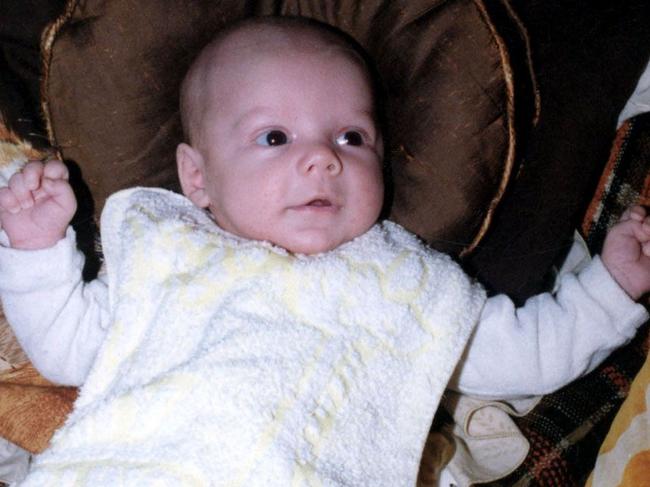
He would suffer multiple further seizures. His death was explained at the time as resulting from the epilepsy disorder.
Her third child Sarah and her fourth child Laura, who carried the pathogenic genetic variant, both suffered from infections before they died, which, scientists now say, triggered the lethal arrhythmias and the children’s fatal cardiac arrests.
A GOOD MOTHER
At her trial, Folbigg was portrayed by the prosecution as being a bad mother, claiming that she was more concerned about training in the gym and going dancing, than caring for her children, and suggesting that she was prone to lethal fits of stress, which resulted in her deliberately killing her children. It’s a charge she has always denied, and for which, her legal team argues, there is no real evidence.
The portrait painted by Folbigg’s friends and supporters is very different. They said she was a mother who went to great pains to ensure that her children were safe and healthy.
Her childhood friend Megan Donegan, whose son was born within weeks of Sarah, said Folbigg wouldn’t even let her mind Sarah because she didn’t have CPR training.
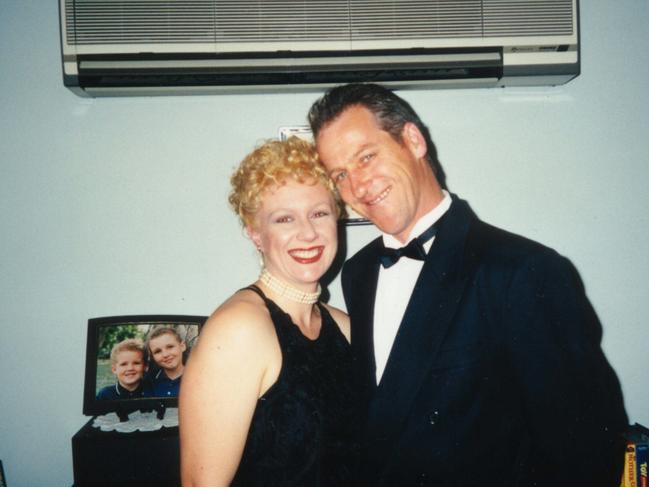
Tracy Chapman, who has at least one phone call every day with Folbigg said: “We were talking the other night about religion and beliefs and she made a beautiful comment about how her faith allows her to feel that her children are up there in heaven with other family that have passed and they’re safe, happy and well cared for.
“It gives her comfort to know they’re somewhere safe, even though it hurts terribly, not to have seen them go through school, not to see what they might have chosen as a profession, who they might have married and how it might have been to be a nan.
“She’s still a mother,” Chapman insists.
“She gave birth to four children she loved and cared for well. Not a day goes by that they’re not with her and she’s grateful that her spiritual beliefs allow her to feel them in that way.”
Folbigg’s supporters argue that with every Mother’s Day that comes around, the injustice of her incarceration only increases.
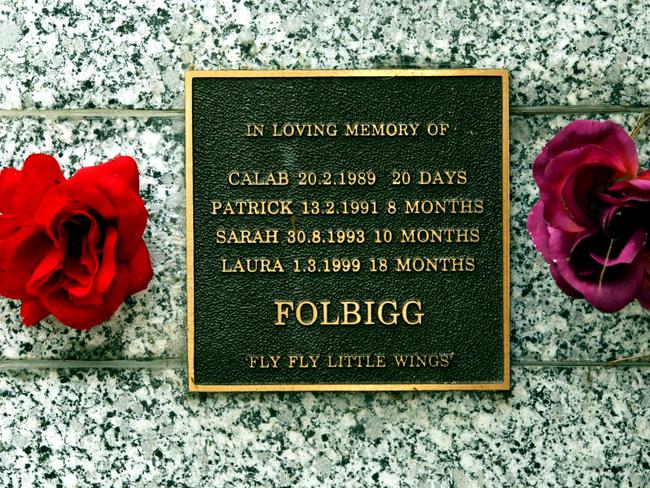
Mr Speakman, in a recent Parliamentary hearing, alluded to this when he said: “I am conscious that, if there were to be a successful petition – I am not saying one way or the other whether it is successful – the utility of that success diminishes day by day if someone is sitting in prison waiting for that.”
“I would anticipate being able to say something within a month,” he said – a deadline that passed three weeks ago.
For Folbigg, even after many Mother’s Days spent in prison, suffering what her supporters believe will come to be known as Australia’s worst-ever miscarriage of justice, she herself retains her faith that Mr Speakman and the Perrottet Government will do the right thing and release her.
“This year she is looking forward to not being taunted by other inmates about the deaths of her children. She’s looking forward to supporting other mums on the day who are separated from their children by circumstance. Some mums in there really struggle with that,” Chapman said of her friend.




